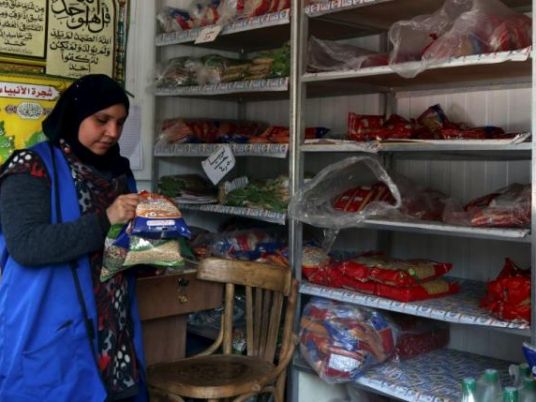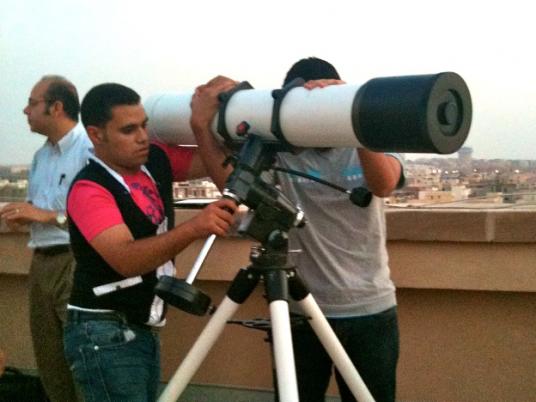“Al-Shahroura,” a biographical drama of glamorous and prolific Lebanese singer Sabah showing this month, focuses on the personal life and love woes of the actress and singer, rather than her professional career. Though ambitious, the controversial drama fails to capture the 83-year old star’s spontaneous, humorous and flamboyant character, a woman daring in both her acting roles and real life.
Sabah, who began her professional career in the forties and rose to stardom after she moved to Egypt, sang over 3000 songs and starred in 38 films. Through her work, she challenged the stereotype of a serious singer-actress promoted by her contemporaries and instead came off as a light-hearted spirit who enjoyed playing pranks on others, like in the 1953 film “Lahn Hobby” (Symphony of Love) with Farid al-Atrash.
Since her unofficial retirement in the nineties, Sabah’s personal life has loomed over her artistic legacy – an issue for which she is partly responsible. Over the past twenty years, Sabah has shown an unconventional willingness to reveal intricate and often scandalous details of her personal life, maintaining the interest of the press and public across the Arab world.
As a result, the public expected “Al-Shahroura" to be controversial before it even aired. The drama initially stirred up controversy when Rima Rahbani, the daughter of Lebanese music icons Fairuz and Assi Rahbani (the latter of whom worked with Sabah early in her career), issued a statement warning of what she called an “offensive and fallacious” representation of her family’s honorable history.
Such reactions have become the norm whenever social dramas or feature films are made about prominent figures in the Arab world. Except for idealistic portrayals such as in the 1996 film “Nasser 56,” which historicizes former President Gamal Abdel Nasser’s decision to nationalize the Suez Canal and the subsequent tripartite attack on Egypt, and the television drama “Om Kalthoum,” produced in 1999 about the legendary Egyptian singer, no biopics have escaped criticism from celebrities and their families.
Fear of these potential complaints compelled "Al-Shahroura" producer Sadek al-Sabah to attach a disclaimer to its musical introduction clarifying that some of the featured characters have been inspired by the imagination of the screenwriter.
Young Lebanese singer Carole Samaha, who plays the role of Sabah in the drama, comes off as rigid, naive and overly idealistic. By showing her family problems – a possessive, greedy father and dependent brothers and relatives – "Al-Shahroura" presents Sabah as the perfect daughter who sacrifices money and effort to resolve her family's problems.
Despite this, the real life Sabah is not satisfied, seeking a purer representation of her family despite the series being made with her consent.
Aside from overlooking Sabah's professional development through her important songs and films in favor of her turbulent love life, the drama also misses the opportunity to offer interesting insights on the relationship between artists and political power structures over a span of five decades. Sabah used to repeatedly insinuate that she faced pressures from politicians in both Egypt and Lebanon, although she never went into details. “Al-Shahroura” does little to shed light on these interactions, seldom identifying when certain events unfolded, and hence failing to establish their context and significance.
Eighteen days into the holy month, Sabah comes off in "Al-Shahroura" as a bleak and flat character, turning the star's fan base, as well history aficianados, away from the television screen.




